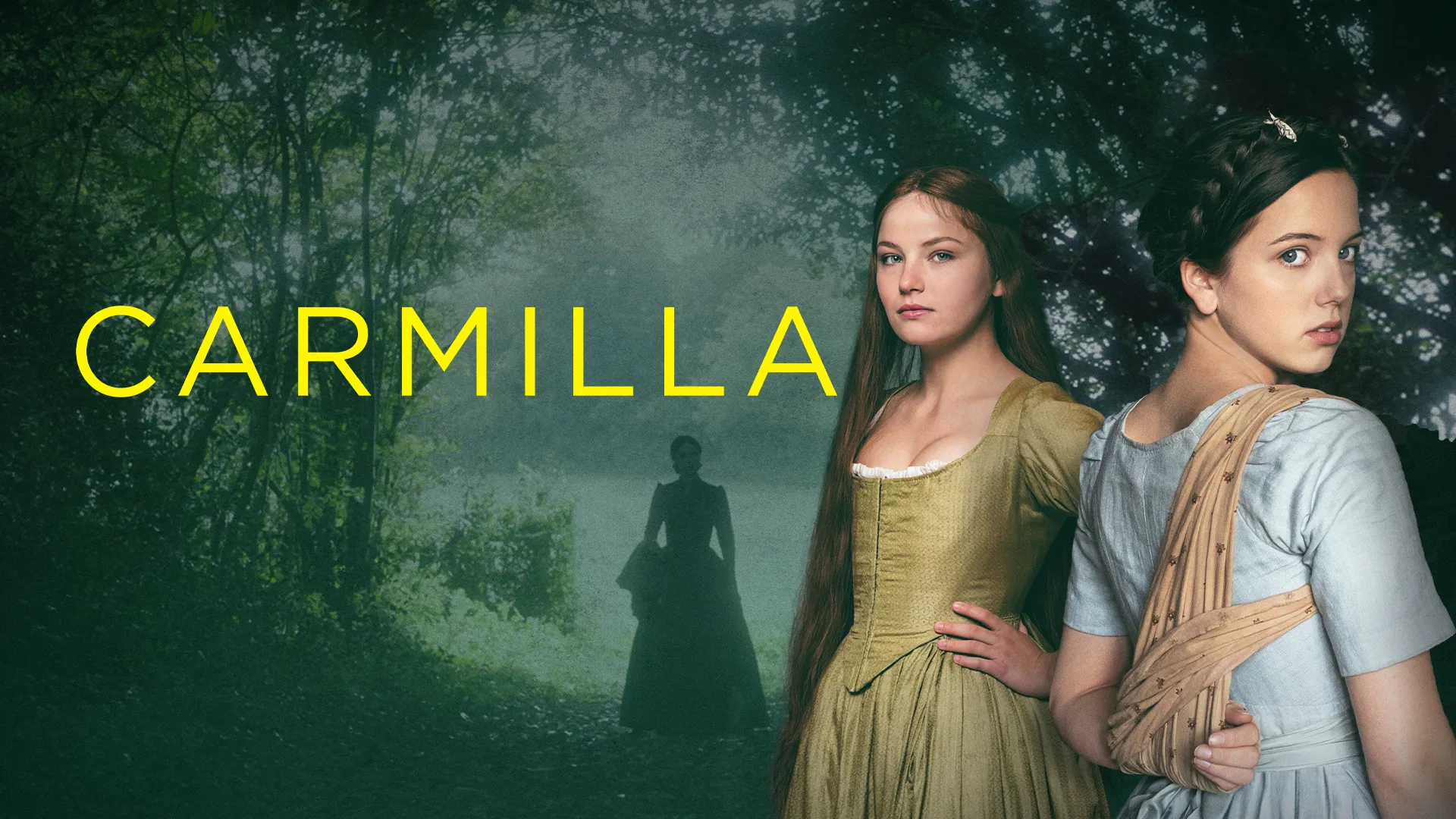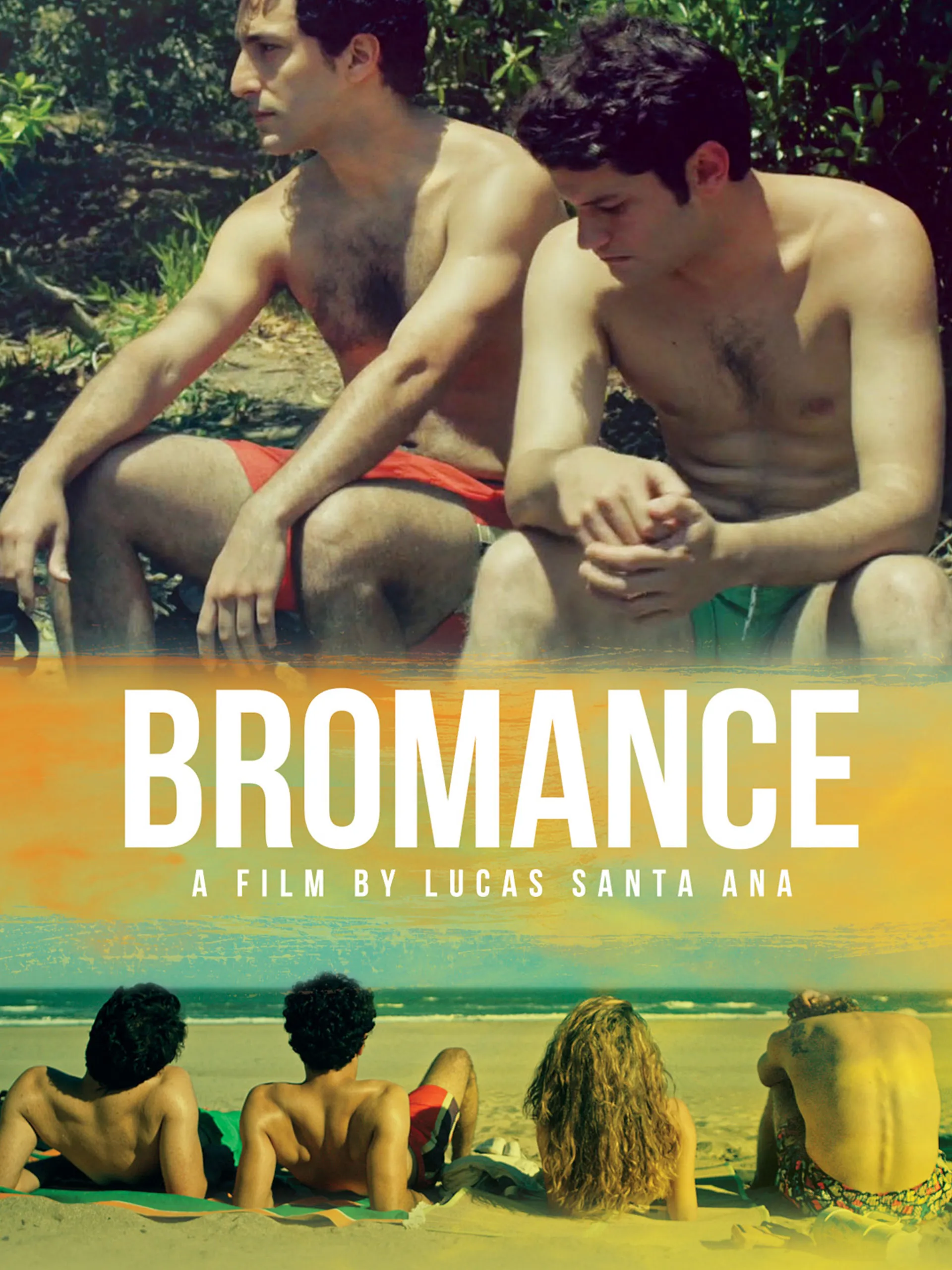Carmilla (2019) is a hauntingly beautiful gothic romance that breathes new life into one of the earliest vampire tales in literature. Loosely adapted from Sheridan Le Fanu’s 19th-century novella, the film is a mesmerizing exploration of desire, repression, and the mysteries of adolescence. With its moody atmosphere and poetic visuals, Carmilla lures viewers into a world where the boundaries between love and danger blur.
Set in the isolated English countryside, the story follows Lara, a lonely teenage girl confined to a repressive home ruled by religious and social expectations. Her world changes when an enigmatic young woman, Carmilla, arrives at the estate after a carriage accident. With her free spirit and intense gaze, Carmilla awakens something deep within Lara—an emotional and physical connection that quickly intensifies.

As their relationship deepens, the film captures the excitement, fear, and vulnerability of first love. Lara begins to challenge the rigid beliefs that have been forced upon her, driven by her growing affection for Carmilla. The chemistry between the two girls is palpable, unfolding slowly through glances, silences, and intimate moments that shimmer with unspoken tension.
Director Emily Harris crafts an atmosphere steeped in elegance and unease. The lush cinematography, soft natural lighting, and eerie silence of the estate create a setting that is both romantic and unsettling. The film is not just a tale of love but also a study of how society punishes those who do not conform.

Themes of female agency, identity, and the fear of the unknown are intricately woven into the narrative. The presence of Miss Fontaine, Lara’s strict governess, represents the cold, moralistic gaze of a world that refuses to accept difference. Her growing suspicion of Carmilla’s influence turns the house into a battlefield between desire and control.
Carmilla resists the typical horror tropes of the vampire genre. Instead of fangs and bloodshed, it opts for a more psychological and sensual portrayal of the supernatural. The tension lies in suggestion, in the shadows cast by candlelight, and in the whispers of forbidden love.

The performances, especially from Hannah Rae (Lara) and Devrim Lingnau (Carmilla), are subtle and emotionally resonant. Their portrayals capture the fragile intensity of their bond and the quiet rebellion blooming beneath the surface of their world.
Ultimately, Carmilla is a poignant and seductive film that explores how love can be both liberating and dangerous. It is a timeless coming-of-age story wrapped in gothic allure, where passion challenges convention and the truth of the heart is the most radical act of all.




